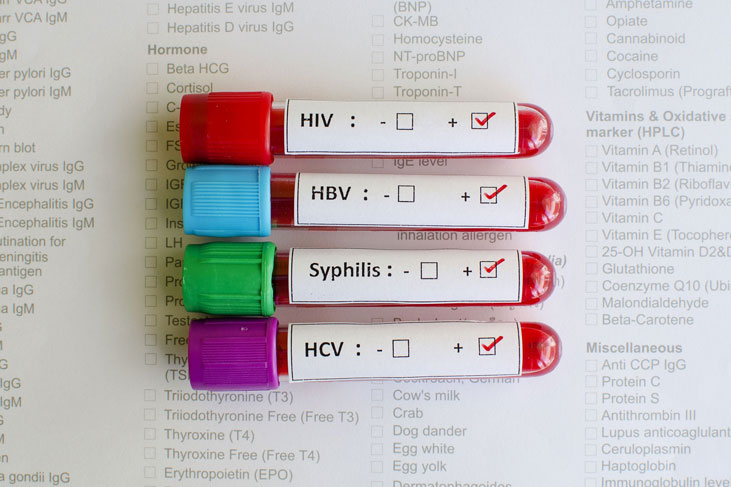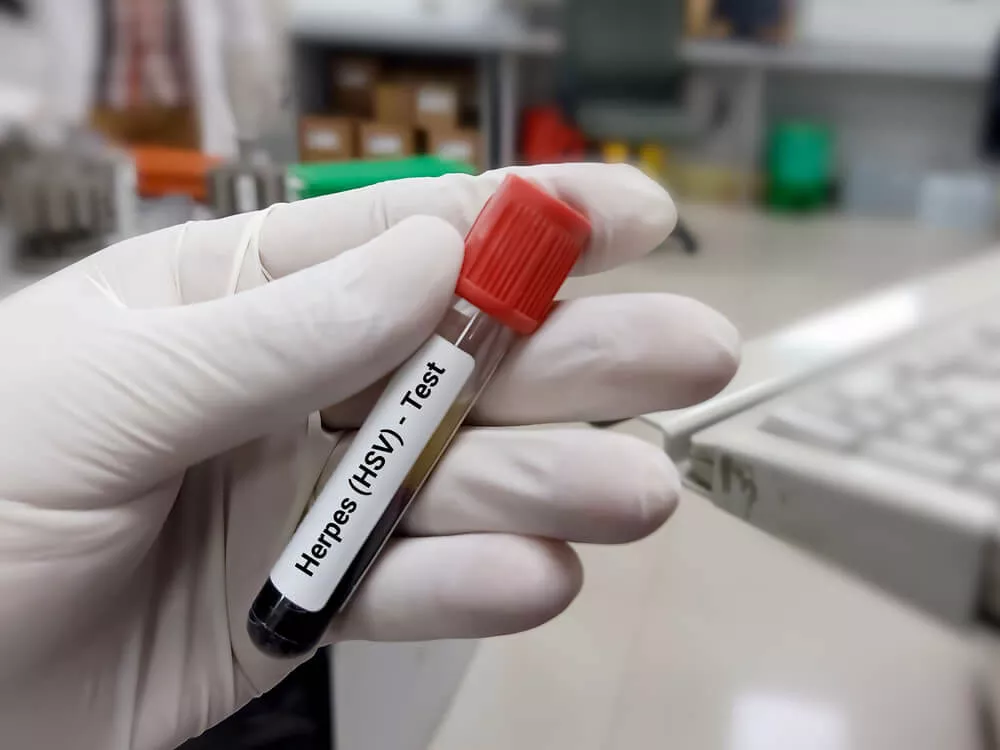Understanding The Different Types Of STI Tests: Which One Is Right For You?
Sexually transmitted infections (STIs) are a significant public health concern, affecting millions of people worldwide. Early detection and treatment are vital for reducing the spread of STIs and protecting your sexual health. But with various types of STI tests available, how do you know which one is right for you? In this blog, we’ll explore the different types of STI tests, their purposes, and considerations to help you make an informed decision about your sexual health.
Why Regular STI Testing Matters
The Importance of STI Testing
Regular STI testing is essential, especially if you’re sexually active or have multiple partners. Many STIs may not show symptoms, so testing is the only way to know your status.
Early Detection and Treatment
Early detection allows for prompt treatment, preventing potential complications and reducing the risk of transmitting STIs to others.
Types Of STI Tests
Blood Tests
Blood tests, such as those for HIV and syphilis, check for antibodies or antigens in the blood that indicate infection.
Urine Tests
Urine tests are used to detect infections like chlamydia and gonorrhea. They are non-invasive and convenient.
Swab Tests
Swab tests involve collecting samples from the genital, anal, or oral areas to detect infections like herpes and HPV.

Pap Smears
Pap smears primarily screen for cervical cancer but can also identify certain STIs like HPV.
Physical Exams
During a physical exam, a healthcare provider may visually inspect the genital and anal areas for signs of infection.
Considerations For Choosing The Right Test
Sexual Activity and Risk Factors
Your sexual activity and risk factors play a significant role in determining which tests are appropriate. Discuss your sexual history with a healthcare provider to determine the right testing plan.

Symptoms
If you experience symptoms like unusual discharge, pain, or sores, it’s essential to seek testing immediately.
Frequency Of STI Testing
Annual Testing
For many individuals, annual STI testing is a recommended guideline, even if they are in monogamous relationships.
High-Risk Individuals
Those with multiple sexual partners, a new partner, or a history of STIs may require more frequent testing.
Confidentiality And Privacy
Confidentiality Concerns
Some individuals may be concerned about the privacy of their STI testing results. Discuss confidentiality policies with your healthcare provider to address any concerns.
At-Home STI Tests
Convenience and Accessibility
At-home STI test kits are becoming more widely available, offering privacy and convenience. However, it’s essential to follow the instructions carefully and ensure the accuracy of the results.
What Happens After The Test?
Treatment and Follow-Up
If your test results are positive for an STI, your healthcare provider will discuss treatment options with you. Follow their guidance and take all prescribed medications.
Taking Control Of Your Sexual Health
Regular STI testing is a crucial step in protecting your sexual health and that of your partners. By understanding the different types of STI tests and their purposes, you can make informed decisions about your testing regimen. Remember that early detection and treatment are key to maintaining a healthy and responsible approach to sexual health.

Hi, this is a comment.
To get started with moderating, editing, and deleting comments, please visit the Comments screen in the dashboard.
Commenter avatars come from Gravatar.